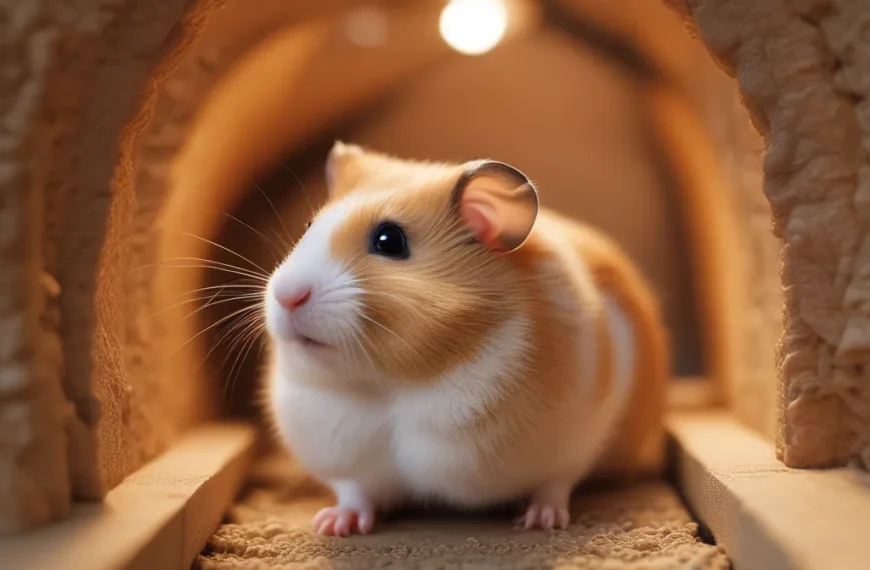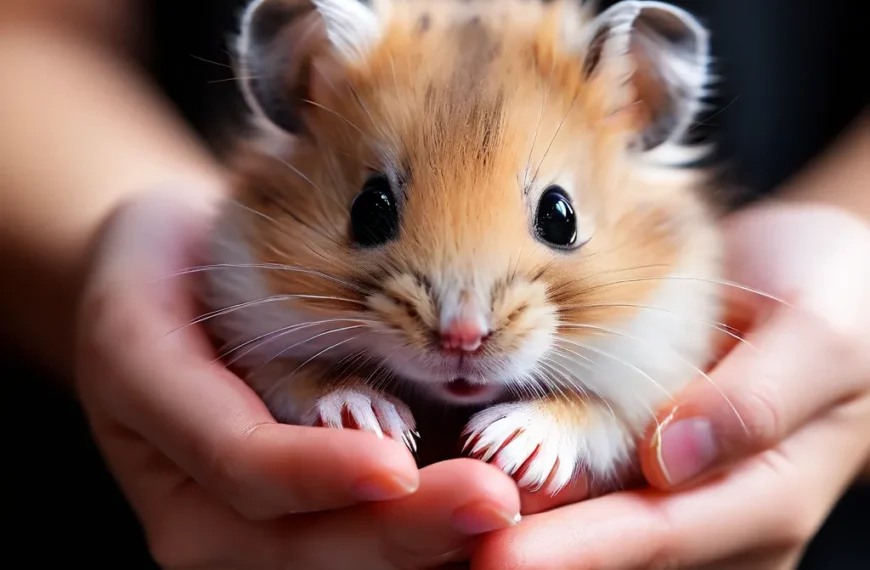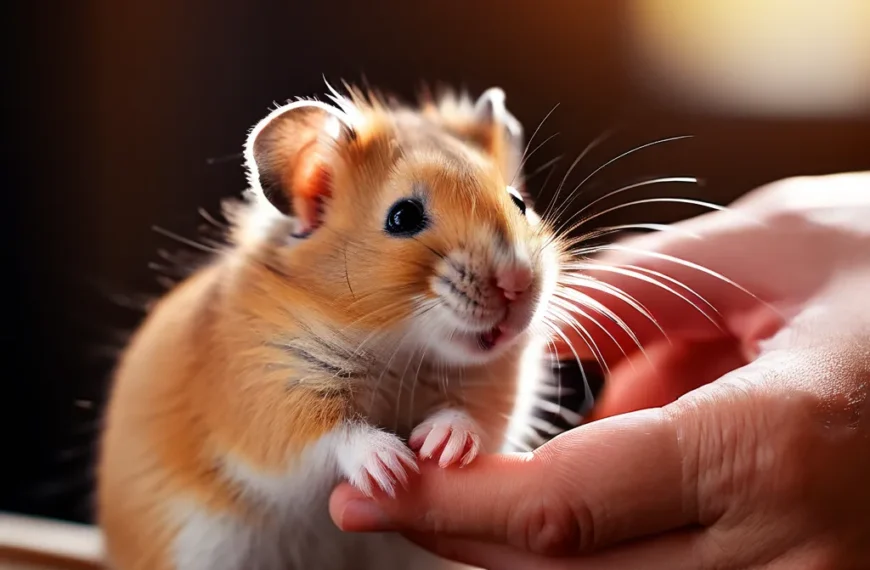Introduction
Cats are known for their unique personalities and behaviors, and one of the most fascinating aspects of their behavior is their tendency to hiss at each other. But have you ever wondered how long cats will hiss at each other? Is it a normal behavior, or is it a sign of an underlying issue?
In this article, we will delve into the world of cat behavior and explore the reasons behind hissing, how long it typically lasts, and what factors influence its duration. We will also discuss warning signs that may indicate hissing is not just a normal behavior, but a sign of a more serious issue. By the end of this article, you will have a better understanding of why cats hiss at each other and how to respond to this behavior. So, let’s dive in and explore the world of cat hissing!

Whether you’re a seasoned cat owner or just a feline enthusiast, understanding cat behavior is essential to building a strong bond with your furry friend. By recognizing the signs and signals that cats use to communicate, you can better respond to their needs and create a more harmonious relationship. So, let’s get started on this journey to understanding cat hissing behavior and uncover the secrets behind this fascinating feline phenomenon.
What triggers hissing behavior in cats?
Cats hiss for a variety of reasons, and it’s essential to understand the underlying causes to address the behavior effectively. Hissing is a natural defense mechanism in cats, and it can be triggered by fear, anxiety, territorialism, or medical issues.
Fear-induced aggression
Cats may hiss when they feel threatened or scared, such as during a encounter with a new pet or person. This fear-induced aggression can be caused by a variety of factors, including changes in the cat’s environment, new sounds or smells, or even a perceived threat from another animal.
Territorialism
Cats are territorial animals, and they may hiss when they feel their territory is being invaded. This can occur when a new pet is introduced to the household, or when a stray cat enters the home.
Medical issues
Pain or discomfort can also trigger hissing behavior in cats. For example, a cat with dental problems or arthritis may hiss when touched or handled.
Anxiety and stress
Cats can suffer from anxiety and stress, just like humans. Changes in the cat’s environment, such as a move to a new home or the addition of a new family member, can cause stress and lead to hissing behavior.
Other triggers
Other triggers for hissing behavior in cats include:
- Overstimulation: Cats can become overstimulated by play or attention, leading to hissing.
- Maternal instincts: Female cats may hiss when they feel their kittens are being threatened.
- Resource guarding: Cats may hiss when they feel their food or resources are being threatened.
It’s essential to identify the underlying cause of the hissing behavior to address it effectively. If you’re concerned about your cat’s hissing behavior, consult with a veterinarian or animal behaviorist to determine the best course of action.
How long do cats typically hiss at each other?
The length of time cats hiss at each other can vary greatly depending on the situation and the individual cats involved. In some cases, hissing may be a brief warning sign, while in other cases, it can be a more prolonged behavior. Factors that influence the duration of hissing behavior in cats include the severity of the threat, the level of stress or anxiety, and the individual cat’s temperament.
In general, cats may hiss at each other for a few seconds to a few minutes, especially during territorial disputes or when they feel threatened or scared. However, if the hissing persists for an extended period, it may be a sign of underlying issues that need to be addressed.
For example, if two cats are hissing at each other due to a territorial dispute, the hissing may continue until one of the cats backs down or until the owner intervenes. In this case, the hissing may last anywhere from a few minutes to an hour or more.
On the other hand, if a cat is hissing due to pain or discomfort, the hissing may be more intermittent and may last for shorter periods. In this case, it’s essential to identify the underlying cause of the hissing and provide appropriate medical attention.
It’s also important to note that some cats may hiss more frequently or for longer periods than others, depending on their individual personalities and temperaments. For example, some cats may be more territorial or anxious, leading to more frequent or prolonged hissing episodes.
Overall, the length of time cats hiss at each other can vary greatly, and it’s essential to consider the individual circumstances and underlying causes of the hissing behavior.

Factors that influence the duration of hissing behavior in cats
Several factors can influence the duration of hissing behavior in cats. These factors can be broadly categorized into environmental, social, and individual factors.
Environmental Factors
Environmental factors such as noise levels, presence of other pets or people, and changes in the cat’s surroundings can influence the duration of hissing behavior. For example, a cat may hiss for a longer period if it feels threatened by a new pet or person in the environment.
Social Factors
Social factors such as the presence of other cats, the cat’s social status, and the quality of social interactions can also influence the duration of hissing behavior. For instance, a dominant cat may hiss for a longer period to assert its dominance over other cats.
Individual Factors
Individual factors such as the cat’s temperament, age, and health status can also impact the duration of hissing behavior. For example, a cat with a more aggressive temperament may hiss for a longer period, while a cat with a medical condition may hiss more frequently or for longer periods due to pain or discomfort.
Other Factors
Other factors such as the cat’s early life experiences, learning, and genetics can also influence the duration of hissing behavior. For example, a cat that has learned to associate hissing with a particular stimulus may hiss for a longer period when exposed to that stimulus.
In conclusion, the duration of hissing behavior in cats can be influenced by a complex array of environmental, social, and individual factors. Understanding these factors can help cat owners and caregivers to better manage and address hissing behavior in cats.
Warning Signs and Determining if Hissing Behavior is Normal or a Sign of an Underlying Issue
Cats hiss to communicate various messages, often as a warning sign. Identifying the context and frequency of hissing can help you determine if it’s a normal behavior or indicative of an underlying issue.
What Triggers Hissing Behavior in Cats?
- Fear or Anxiety: Hissing may indicate that your cat feels threatened or anxious. This can be due to a new environment, unfamiliar people, or a sudden change in routine.
- Territorial Behavior: Hissing can be a warning signal when a cat feels that their personal space or territory is being invaded, such as when encountering another cat.
- Pain or Discomfort: If your cat hisses when being touched or after an injury, it may be a sign of pain or discomfort.
- Stress or Agitation: Cats may hiss when they are stressed, either from environmental factors or due to a lack of socialization.
Factors That Influence the Duration of Hissing Behavior in Cats
Hissing can be short-lived or ongoing, depending on the situation. A brief hiss may be normal, but if hissing persists or occurs frequently, it might be time to investigate the underlying factors that could be causing the behavior.
Warning Signs and Determining if Hissing is Normal or a Sign of an Underlying Issue
Understanding the context and frequency of your cat’s hissing can help you assess whether it’s a normal behavior or an indication of a problem:
- Infrequent, Situational Hissing: This is typically normal, especially if the hissing stops once the situation has resolved.
- Frequent or Prolonged Hissing: This may indicate a problem, such as stress, anxiety, or discomfort.
- Persistent Hissing: If your cat continues to hiss even after the initial trigger has passed, further investigation into the cause may be necessary.
How to Respond to Hissing Behavior in Cats
If your cat is hissing, it’s essential to first ensure their safety and security. Then, assess the context of the hissing and try to identify any potential causes. Addressing and managing factors like stress, anxiety, or discomfort can help to reduce or eliminate hissing behavior.
When in doubt, consult with a veterinarian to rule out any medical issues and address any concerns or questions you might have.
How to respond to hissing behavior in cats
Responding to a hissing cat calls for a composed and thoughtful approach to ensure both the cat’s well-being and the safety of those around them. Here are some suggested steps to navigate the situation:
Remain Calm and Give Space
Cat hissing is often a defensive behavior, and reacting with aggression or fear can escalate the situation. Hissing on its own isn’t usually cause for action, but if aggressive behaviors or postures accompany your cat’s hisses, you’ll need to carefully intervene.
Understand the Reasons Behind the Hissing
Cats hiss for many reasons, and understanding what triggers this reaction can help us respond in a way that keeps them comfortable and calm. Here are some common reasons why cats hiss and what they might be trying to communicate:
- Fear or Threat Response: Cats often hiss when they feel afraid or threatened.
- Startled: Cats hiss when they feel threatened or fearful. If your cat is startled, it may hiss at you as a defense mechanism. Your cat is not trying to be hostile or offensive, it is simply trying to communicate that it needs space.
How to Respond
If your cat is hissing, it is best to back away and give it some space. Avoid getting angry or trying to punish your cat for hissing, as this will simply reinforce that they should be fearful.
By understanding the reasons behind your cat’s hissing and responding in a calm and thoughtful manner, you can help keep both your cat and those around them safe and comfortable.

Conclusion
In conclusion, the length of time cats hiss at each other can vary greatly depending on the individual cats, their relationship, and the circumstances. While some cats may hiss at each other for only a few seconds, others may engage in prolonged hissing fits that can last for several minutes or even hours. It’s essential to understand that hissing is a natural behavior in cats, and it’s not always a cause for concern. However, if you notice that your cats are hissing at each other frequently or for extended periods, it may be a sign of an underlying issue that needs to be addressed.
By recognizing the triggers of hissing behavior, understanding the factors that influence its duration, and knowing how to respond to it, you can help reduce tension and promote a more harmonious relationship between your feline friends.
Remember, every cat is different, and what works for one cat may not work for another. If you’re concerned about your cats’ hissing behavior or if it’s causing problems in your household, consult with a veterinarian or a certified animal behaviorist for personalized advice.
















